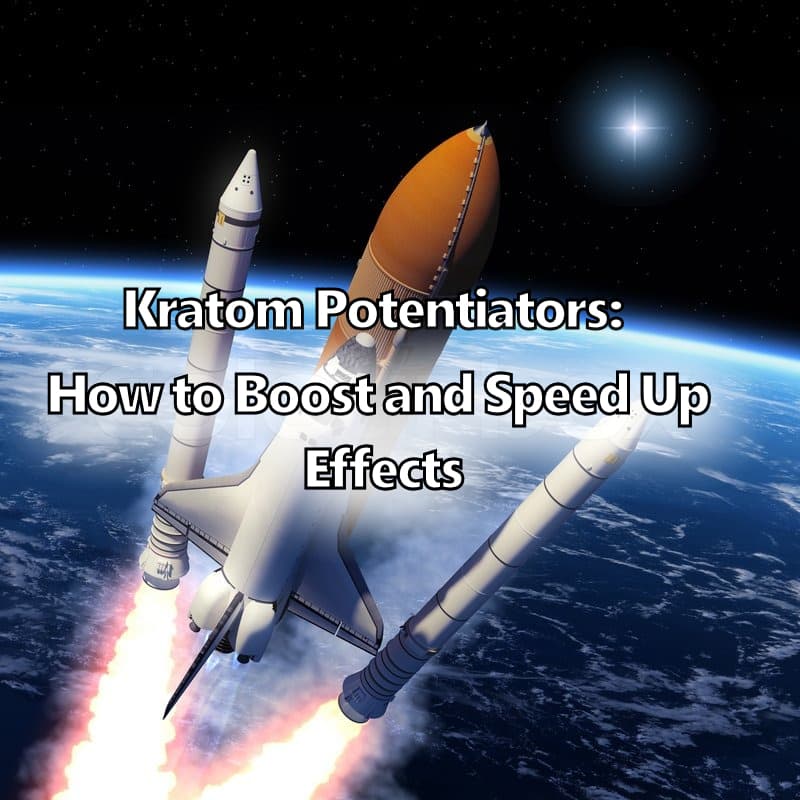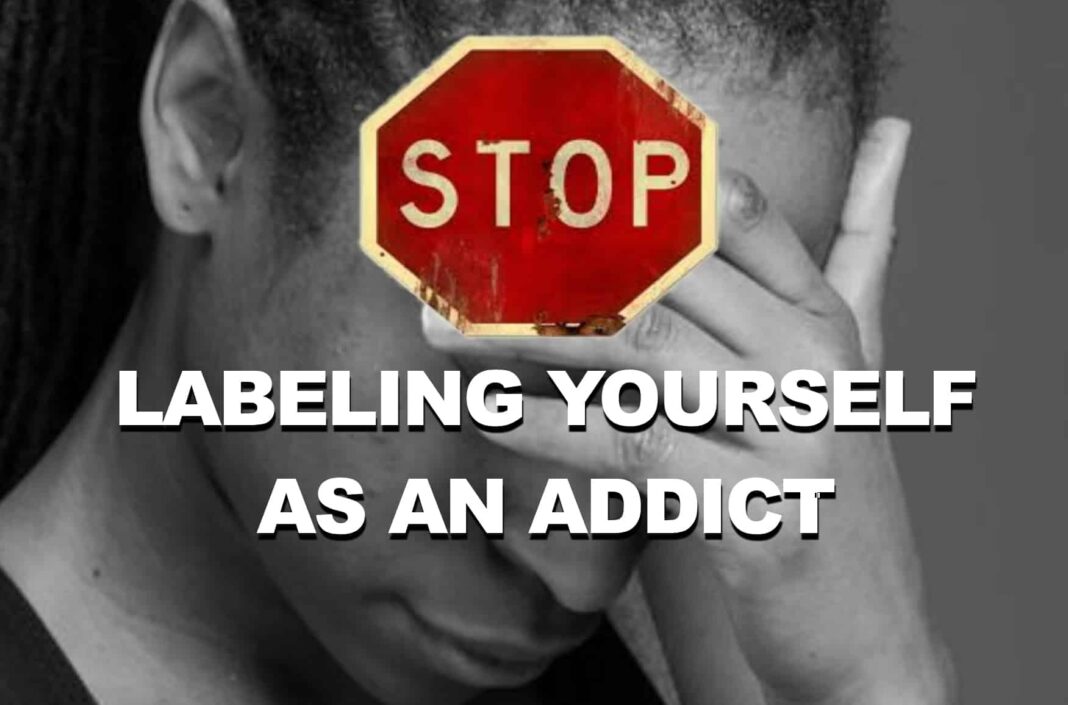When somone asks you what kratom is,
what do you say?
Perhaps this list of suggested points
will help you answer that question.
What Kratom Is:
a plant that grows naturally in Southeast Asiaa tree traditionally cultivated for thousands of year, valued for its leaves that contain medicinal substances
-an herbal remedy that’s far safer than Big Pharma opioids and benzos
-a nutritional supplement that’s used to relieve pain, anxiety, stress, depression, and fatigue
a powder made from crushed leaves that’s taken by teaspoon, as tea, or in capsules – no smoking or needles involveda painkiller that is very unlike Oxycontin, Vicodin, Norco, Percacet, etc. because you use the lowest amount per dose that provides the needed effects, then your dose amount will remain steady for years, with no need to keep increasing it.
Those 6 points listed above are the
basic elements of a definition of kratom. Try to commit these points
to memory. They’ll come in handy when you’re talking with people, or
interacting on social media.
By first establishing that kratom is
just a natural plant, not a manufactured drug, you’ll set most people
at ease. They might assume that kratom is some weird new designer
drug made in a laboratory by mad chemists who seek to “get high”
or “trip”. You must, right off the bat, debunk this commonly
held, but mistaken, perception.
Your friends and family need to know
you’re using a substance that’s similar to peppermint, aloe, oregano,
chamomile, lavender, and other benevolent plants that grow in the
ground. People tend to think more highly of natural substances,
though they know that even things found in nature need to be
understood and used wisely.
A short explanation, embracing the 6
points above, should be enough to introduce a sincere seeker. They
can then do more research on their own. You might want to direct them
first to our articles here at the Learn About Kratom
section:https://leafoflifekratom.com/category/learn-about-kratom/
When do you answer the questions “What
is kratom?” or “Why do you take kratom?” – ?? Not every time
it’s asked. Sometimes a person is being belligerent, wanting you to
defend yourself, in a combative manner. They are displaying
animosity, wanting to embarrass you, or wanting to start a long and
heated argument.
In those situations, it’s best to not
answer. Change the subject, get away from the person, or ask them
“Why do you ask me about kratom?” Verify that the question is
coming from a place of sincere interest, and not a position of
quarrelsome arrogance.
I had a long time friend who was very
much in favor of cannabis for decades. But I terminated my friendship
with him. One of the reasons was that he started attacking my posts
about kratom on Facebook. Even though both kratom and cannabis are
plants that occur naturally, he was biased against kratom, because
he’s one of those “I Follow the Science” fanatics. Whatever
mainstream, Big Pharma funded research says, he believes it. He
trusts the FDA. He thinks he’s being very intelligent and mature and
scientific.
It’s bizarre that he would trust the
FDA, when they’ve joined forces with the DEA to persecute cannabis
the whole time he’s been smoking it. Some people think talking about
Science makes them look smarter than other people. But did Science
tell him marijuana was beneficial to use? Did Science promote the
positive effects of pot? Not until very recently.
You may have friends or family members
who “tolerate” your use of herbs, but privately think you’re a
bit odd. They might frown upon anything that seems “different” or
apart from the herd mentality. They feel more comfortable when
everybody has the same ideas and practices. Any deviation, even the
slightest movement toward something they don’t understand, makes them
mock you behind your back.
They may trust whatever their doctor is
pushing: flu shots, growth hormones, antibiotics, and all kinds of
dubious medical procedures. They ignore the many news reports and
lawsuits about dangerous Big Pharma drugs and Orthodox Medicine
devices like pelvic mesh implants.
One must be very careful. If a person
has no need to know, if they’re just being nosey, if they’re just
getting up in your business because they’re bored, if they simply
want to hear you talk about that “weird” stuff you’ve been using
called kratom, so they can laugh at you – it’s best to not give
them any information.
It’s best to share information with
those who honestly want to know the truth. Even then, you should
watch their facial and body movement reactions as you tell them about
kratom and why you take it. If they start to smirk, or act
uncomfortable, or tilt their head away from you, you may want to make
your explanation brief.
Never feel like you have to be
completely transparent all the time to everybody. Some things are
private, even sacred, and we don’t like to have people misinterpret
us or put us down for what we do or believe. Some people pretend to
be genuinely interested in kratom, but they’re just trying to get
more material out of you that they can then use to mock you.
But when a person is truly interested
in kratom, be kind and share what you know, including your personal
experiences. Perhaps that person is also in pain, or has depression,
and is looking for a solution. Or maybe they’ve heard a lot of
negative news stories about kratom and, respecting your intelligence,
are curious as to why you don’t trust those media reports. In this
case, be sure to do some research on how those news reports twist the
facts, blaming kratom for a death, when the deceased person was
taking dangerous drugs and alcohol, with kratom being just one among
many other substances.
For more details on this topic, see
“How To Handle Hostility Toward Your Kratom Use” at the link
below:
Also check out the article “Who Is
Kratom For” at:
Another topic that comes up often is
related to this one. Should you talk to your doctor about kratom? The
answer is NO.
Only rarely will any orthodox medical
professional be interested in any substance that is not FDA approved
for human consumption. Most physicians will not want you to teach
them anything or even share personal experiences about a substance
that Big Pharma persecutes. And you don’t want such information going
into your chart, your permanent medical file, that employers and
others can see.
For more information on why telling
your doctor about kratom is generally a bad idea, see the article
linked below.


